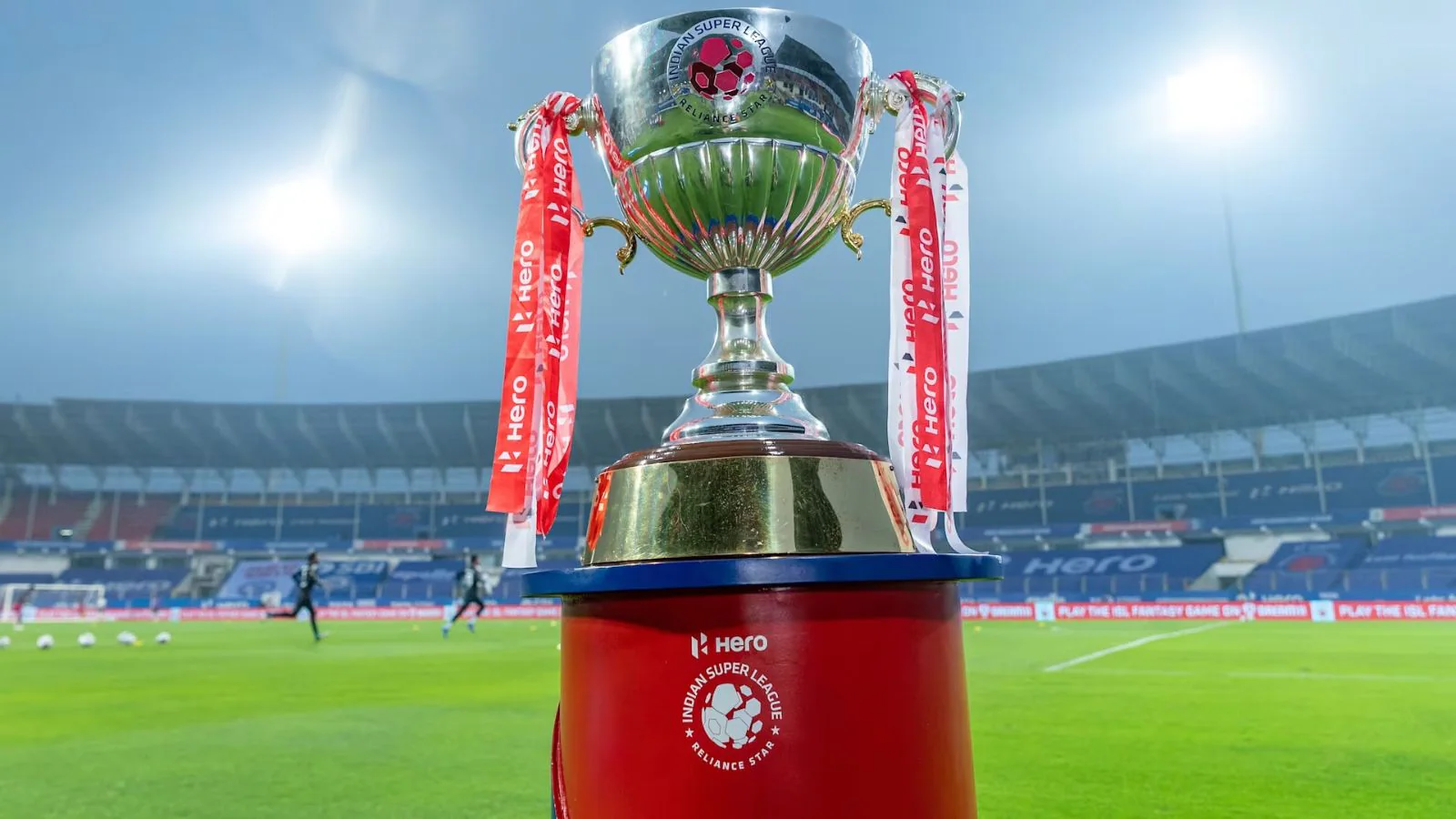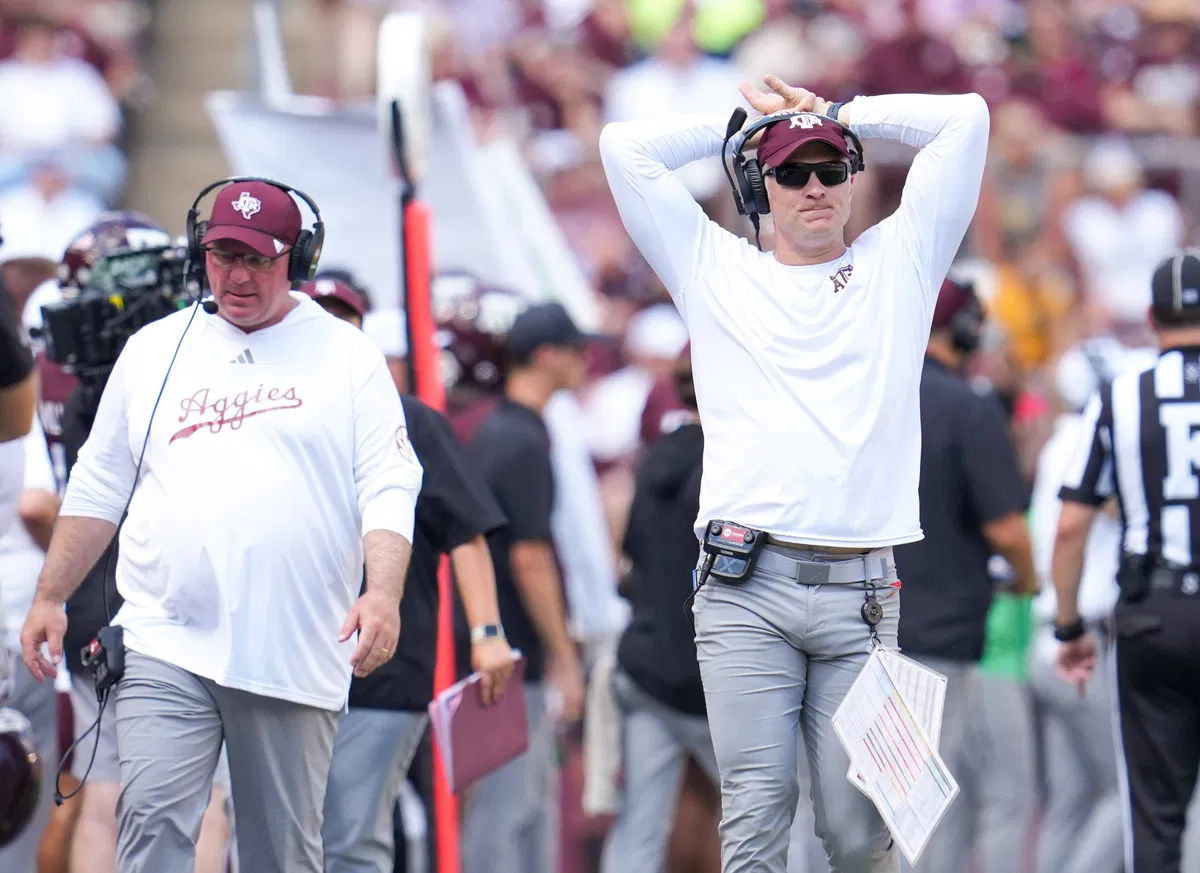Copyright news18

In yet another body blow to the aching Indian football fraternity, the AIFF failed to attract any bids for the Indian Super League tender process, despite an extended and publicised process in the build up to it as no bids came in up until the November 7, 2025, deadline. ? AIFF Statement ?#IndianFootball pic.twitter.com/z0da2txWIo — Indian Football (@IndianFootball) November 7, 2025 “The deadline for submission of bids in response to the Request for Proposal (RFP) for awarding the right to monetise the Commercial Rights for the Indian Super League (ISL) concluded today,” the AIFF posted on social media. “No bids were received within the stipulated timeframe. The AIFF Bid Evaluation Committee will convene over the weekend to review the situation and deliberate on the future course of action,” the governing body added. ALSO READ| Millennium Milestone! Guardiola Prepares For 1000th Bow As Manager Against… The tender, launched on October 16, 2025, aimed to find a new commercial partner to manage ISL’s broadcasting, sponsorship, digital, and merchandising rights. Four organisations, Football Sports Development Limited (FSDL), FanCode (owned by Dream Sports), Conscient Heritage Group, and a foreign consortium, initially showed interest during the pre-bid conference on October 25. But, despite early sway, none of the entities submitted formal bids. One prospective bidder was reportedly disqualified due to a conflict of interest, while others raised concerns about the tender’s financial structure and lack of clarity on league operations. FSDL, which had previously managed ISL’s commercial rights under the Master Rights Agreement (MRA), reportedly sought detailed clarifications, submitting over 100 queries. AIFF addressed more than 230 queries and issued multiple corrigenda to modify timelines and bid criteria, yet the process still failed to secure a commitment, according to sources. The new proposal required a minimum annual guarantee of ₹37.5 crore or 5% of gross revenue, whichever was higher, terms many deemed unrealistic given the league’s current market position. In contrast, the earlier FSDL agreement offered greater flexibility and stability for both parties. The AIFF now faces a challenging task to restructure its commercial framework, with grassroots development, national team funding, and league operations all potentially affected by the growing financial strain.



